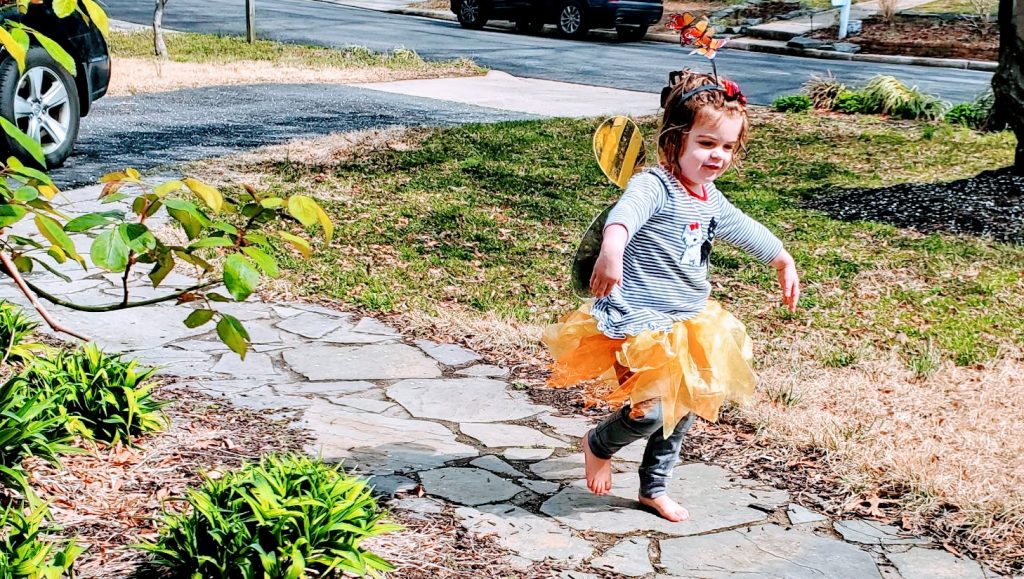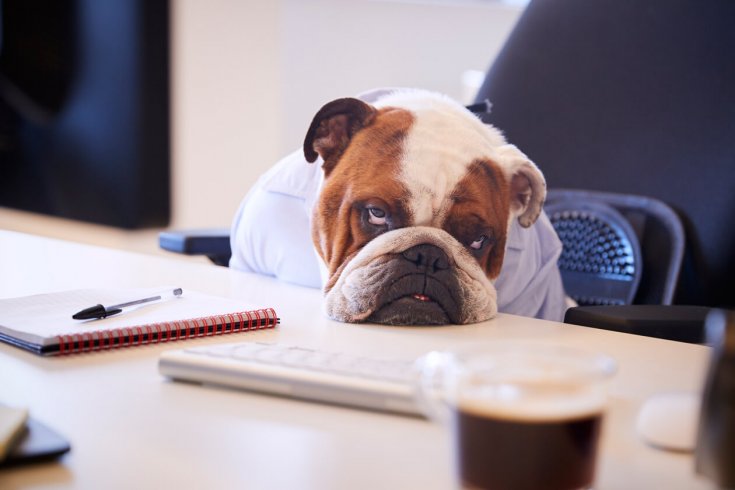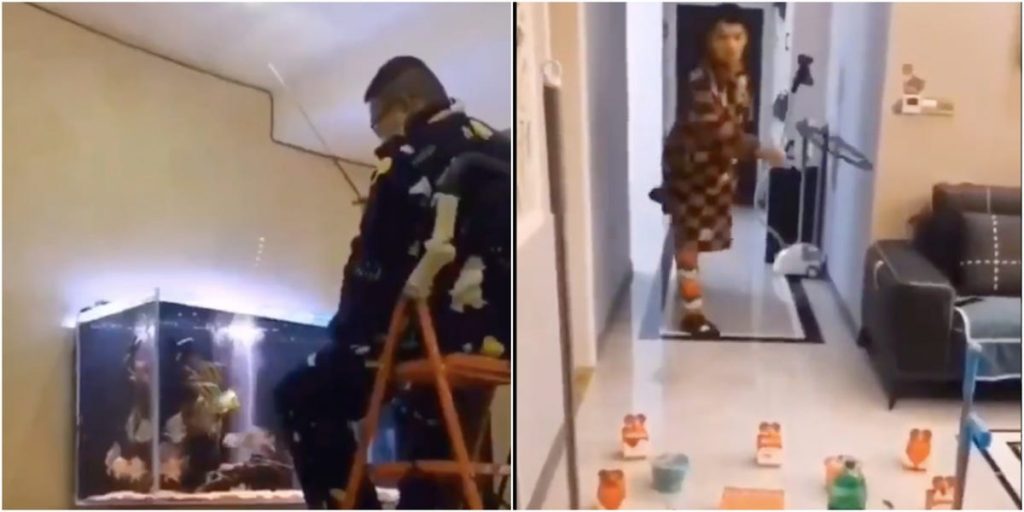
One of the side effects of COVID-19 is that many people have more unstructured time than usual—much more. By unstructured time, I mean periods of time with no plan in place for what one must/wants to get done

Two points made by openlinecounseling.com resonate for me.

- Stretches of unstructured time often bring pressure and anxiety, sometimes existential panic.
- Worrisome thoughts are more easily set aside when busy. But with unstructured time, it’s easy for self-doubts to come to the fore.
- Am I too fat?
- Have I done a good job as a parent?
- Will anyone remember me when I’m dead?
- When we have lots of time available, it’s easy to procrastinate. One can fritter away the time, flitting from one indulgence to another, from reading a novel to online shopping. Come the end of the day, one then feels guilty for not having been productive—or not productive enough. The feeling that one has “wasted time” is uncomfortable.
- Worrisome thoughts are more easily set aside when busy. But with unstructured time, it’s easy for self-doubts to come to the fore.
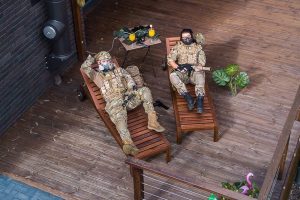
- Being constantly on the go is often linked to self-worth—in which case not being productive leads to low self-esteem, as in “I’m a failure” or “I’m lazy.”
- Making the most of every minute of every day isn’t recognized as an impossible, not to say unhealthy, goal.
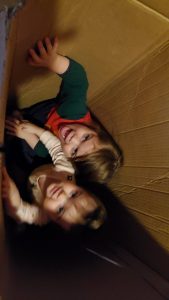
When deprived of the activities that usually fill our days, we often drift into unhealthy activities.
- Being physically inactive
- Drinking and/or smoking more
- Snacking and/or eating too much
- Online gambling
- Binge shopping
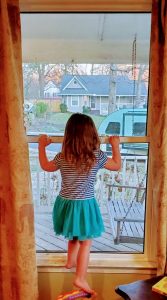
Being suddenly confronted with unstructured time can be disorienting. This is often true of the newly retired. Regularly scheduled activities—which could be anything from work to volunteering, golf or poker to orchestra rehearsals—make people aware of the time of day as well as days of the week or month.
For me, COVID-19 cancellations make every day feel like Monday, my formerly “free” day. I have to pause and think what day of the week it is.

Also, the “natural” day for humans isn’t exactly 24 hours: it’s somewhere between 24 and 26 hours. We reset to 24 hours based on outside constraints. My personal day is longer than most, and it’s easy to stay up and wake progressively later and later—say 3:00 to noon. For those on lock-down due to COVID-19, with no scheduled activities, the time of day might feel “off.”
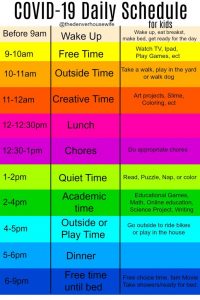
The short solution to all these negatives is simple: make plans. Keep the list of plans brief — say three — and doable. The plans could be relaxing activities such cutting flowers, taking a walk, etc. The idea is that making plans decreases the likelihood that you’ll pass days in haphazard activities or listlessness.

Astronauts, being experts in the field of isolation, have offered some advice to those of us down here on the planet.
- Keep a consistent sleeping schedule
- Go outside and get some sun, so long as you do it by yourself
- Separate work and leisure time, if you still work from home, so that one does not overtake the other
- Stay in touch with people online or over the phone


As more people are staying at home, many organizations are creating virtual activities to keep your mind active. You can take a virtual tour of a museum or national park, audit classes in a variety of subjects, join exercise or meditation groups, watch ballets or operas or Broadway shows, even have a cocktail or movie party with your friends! If all else fails, there are ways to help your community from the comfort of your living room.
- OpenCulture has gathered many of these links to allow people to browse their options.
- To fix the growing shortage of protective gear among healthcare workers, many people have started making face masks for local hospitals and fire stations.
- Coursera is currently working with many universities to allow students to earn college credit
- Many independent, foreign, classic, and documentary films are available to watch online for free
- All kinds of educational materials for k-12 students are free online
- The Guggenheim has made 300 ebooks about art available for free
Takeaway for writers: consider the role of structure in the lives of your characters.
